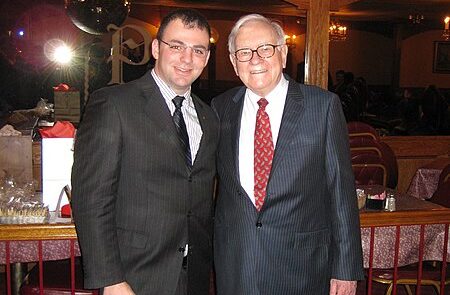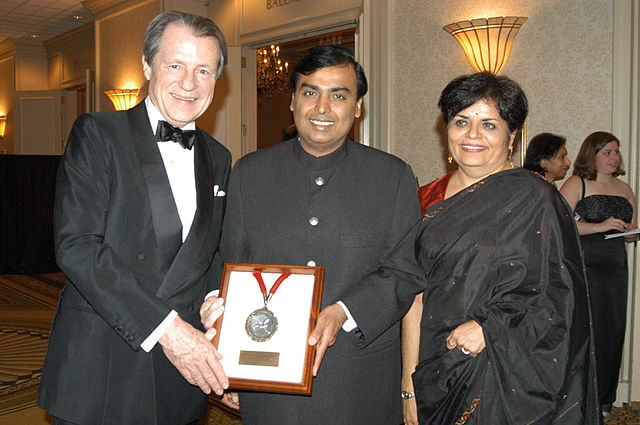Warren Buffett, the esteemed American investor and CEO of Berkshire Hathaway, is widely recognized as one of the most accomplished and esteemed figures in the financial realm. While he has attained remarkable success in his career, it has not been devoid of controversies. Nevertheless, it is essential to emphasize that, compared to many other public figures, Buffett’s controversies are relatively limited and less significant. Here are some notable controversies associated with Warren Buffett:
Salomon Brothers Scandal (1991): One of the most substantial controversies in Buffett’s career arose from the Salomon Brothers scandal. In 1991, it came to light that Salomon Brothers, a major investment bank in which Buffett held a substantial stake, had violated Treasury Department regulations in government bond auctions. The scandal triggered a criminal investigation, and Buffett faced intense scrutiny for his role as the largest shareholder. Responding promptly, he took charge of the company to stabilize the situation and cooperated with authorities, ultimately averting severe penalties.
Lack of Female Representation on Berkshire Hathaway Board: Berkshire Hathaway, the conglomerate company led by Warren Buffett, has encountered criticism over the years for its dearth of gender diversity on its board of directors. Buffett himself acknowledged this concern, expressing his desire for increased female representation on the board and encouraging other companies to enhance gender diversity.
Taxation and Political Views: Buffett has been outspoken about his perspectives on taxation and income inequality. Notably, he advocated for higher taxes on the wealthy, asserting that his effective tax rate was lower than that of his secretary. His stance garnered both support and criticism from various quarters.
Criticism of Political Stance: Buffett’s public stand on taxation and wealth distribution elicited both admiration and disapproval. He championed higher taxes on the affluent and urged for a more equitable wealth distribution. While some praised his views as progressive, others accused him of hypocrisy, citing his use of tax-saving strategies for his investments.
Relationship with Ayn Rand: During his formative years, Buffett was influenced by the works of Ayn Rand, the proponent of Objectivism and individualism. However, his views on capitalism and philanthropy evolved significantly from Rand’s philosophy over time. Nevertheless, critics occasionally raised concerns about his earlier admiration for Rand’s ideas.
Berkshire Hathaway and Chinese Electric Car Maker BYD: Buffett’s investment in BYD, a Chinese electric car manufacturer, faced skepticism from some investors and analysts. The company encountered challenges in the electric vehicle market and struggled to meet expectations. While Buffett defended the investment, it prompted discussions about the potential risks associated with investing in emerging markets.
Criticism of Tech Investments: Historically, Buffett displayed skepticism towards investing in technology companies. He missed early opportunities to invest in firms like Amazon and Google, which later attained tech giant status. Critics pointed to these missed chances as instances where Buffett’s traditional value investing approach might have limited his gains.
Despite these controversies and criticisms, Warren Buffett’s standing as an astute investor and one of the most accomplished businessmen endures. His leadership at Berkshire Hathaway and his philanthropic endeavors, including the Giving Pledge, have solidified his status as a prominent figure in the financial domain. Buffett’s ability to adapt and learn from past challenges has enabled him to maintain his position as an influential and esteemed leader in the investment community.




